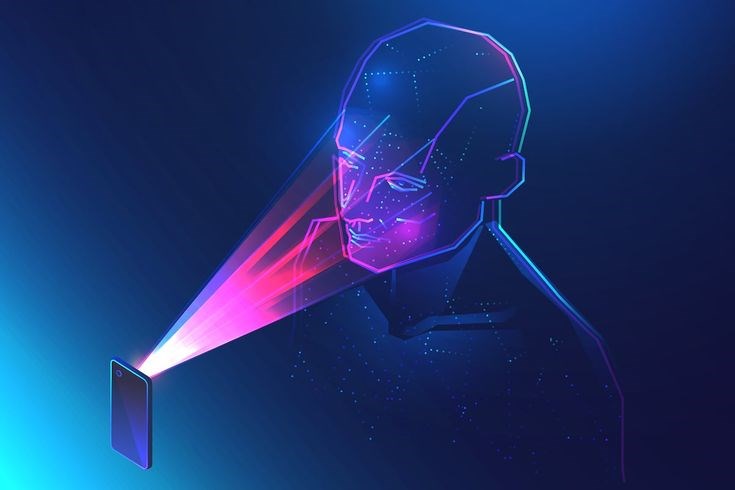Facial recognition software has become increasingly prevalent, and over the last decade its problems have become apparent and disputable. It is a good idea that the governments should find ways on how to control such use to avoid the misuse of the system, invasion of privacy, and holding one party responsible for something they are not liable for. For instance, this raises issues on the part of corporations or state agencies whom the software can be used for consumer profiling hence resulting in corporate malice or state-sponsored persecution of people. Both security and civil liberties should be controlled then sufficient measures must be made to maintain that balance.
The first key concern is the infringement of privacy. Biometric identification and specifically the facial recognition procedures enable continued tracking of the individuals without their knowledge, from the authorities, and companies’ side. Such uncontrolled surveillance is likely to delete privacy freedom in public space, curbing free speech and also human rights. One can maintain that regulations can play a pivotal role in preventing these vices, as they demand disclosure and proper use of such information.
Another factor that may be a concern is that the samples may be biased and discrimination. It established that although facial recognition systems have proven to have some merits, the technology discourages accuracy in recognizing people particularly people of color and women. This is a possibility of wrongful arrests, unfair employment and social discrimination. This is why it requires government regulation for it to be made fair, accountable and accurate in its delivery.

Another concern is the risk of authoritarian control as well. Facial recognition technology can be misused if the persons in the organization are unethical; they might employ it in suppressing any form of dissent and violating civil liberties. The governments must put measures in place to check against the abuse of the mentioned authoritarianism tenets while at the same time promoting the democratic principles in the society. The situation has called for formulation of ethical standards since politics has continued to distort it.
There is no doubt that security has gains, but it should not be done at the expense of one’s rights. A proper balance can be beneficial for using facial recognition for the purpose of increasing security, while not mutating into an instrument of/posts totting up the population and discriminating against individuals. High-level decisions by governments are required to set legal boundaries of the employment of the technology and the guidelines to avoid negative impact in society.
Conclusion
Facial recognition is not something that we can afford to proceed with its uses without having restraints on it. If not well monitored and regulated, this useful instrument can cause infringement of individual rights, oppression and discrimination. Thus, there should be legal regulation for ethical use and to safeguard civil liberties and possible abuse. This means, the freedom of speech and other freedoms will not be completely sacrificed in a bid to secure the society from the dangers associated with technology.